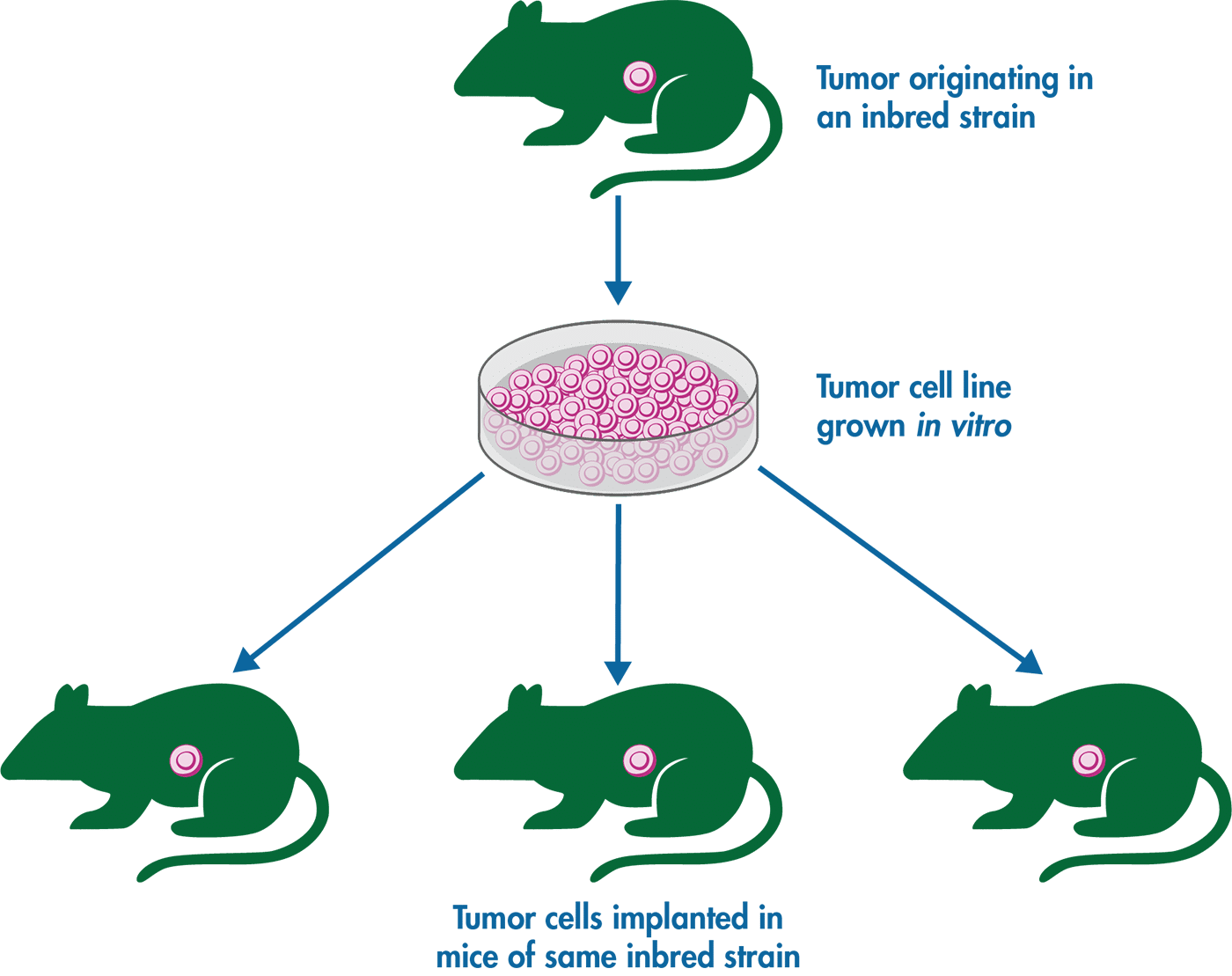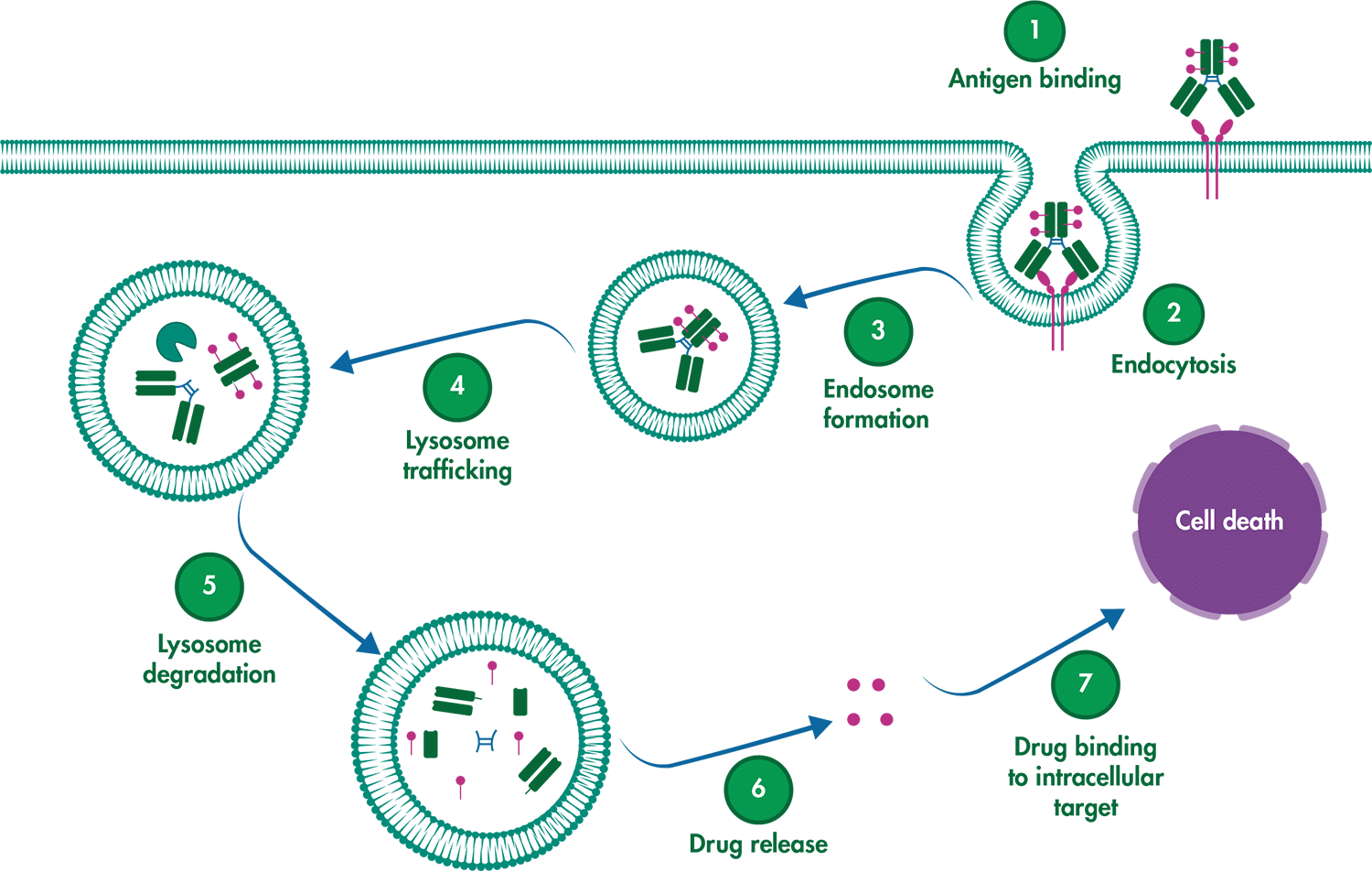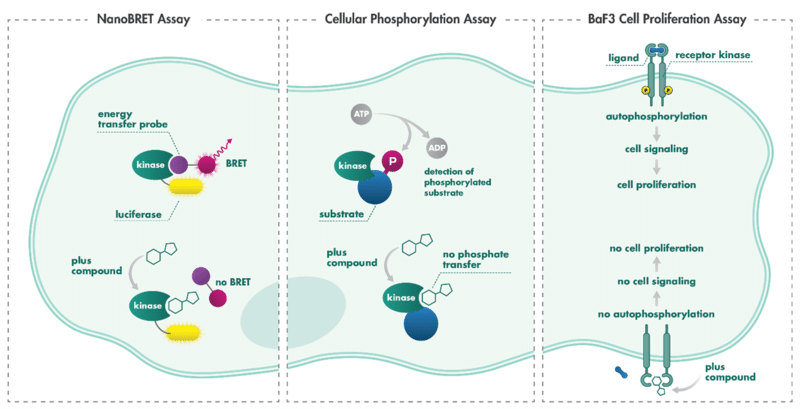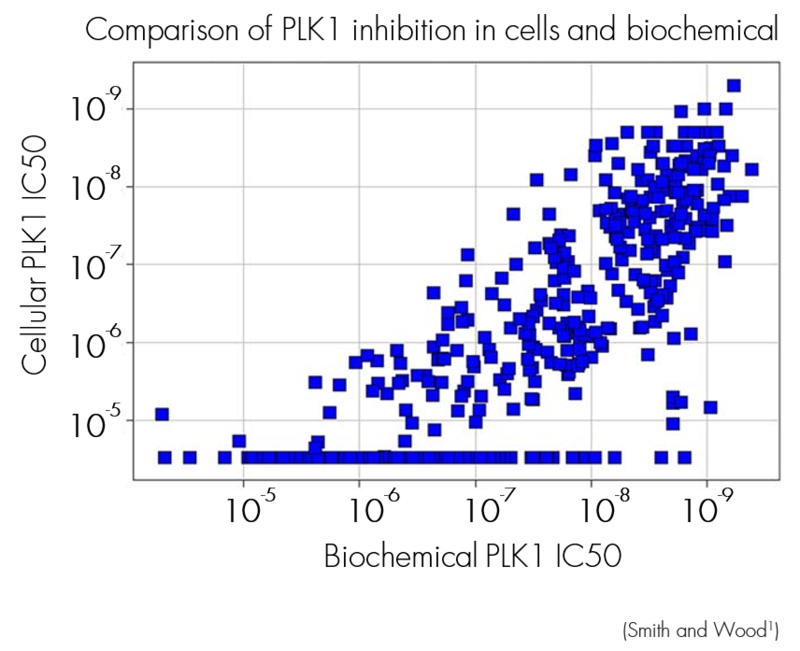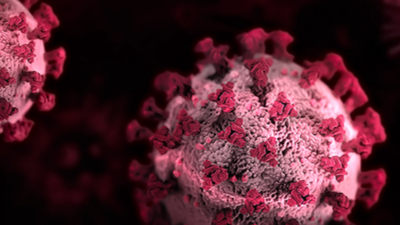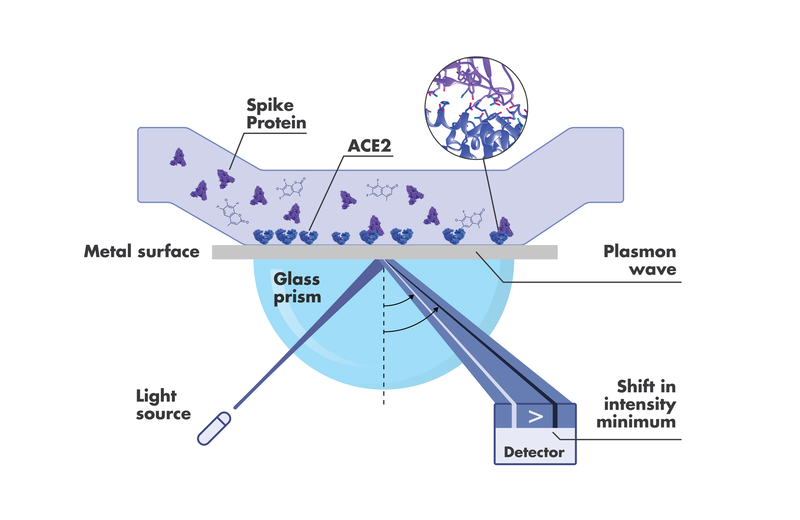Drug Discovery Blog
Every drug discovery program has its own challenges. Scientists at Reaction Biology have 20 years of experience in problem-solving and decision making. Via blogs, we like to share some of our experiences and insight into our assays with the drug discovery community to support your journey to a preclinical drug candidate.


